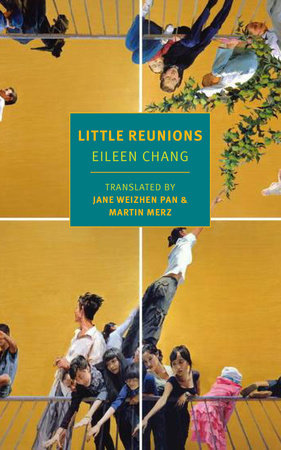What do you think?
Rate this book


352 pages, Paperback
First published January 1, 2009
'I said to a friend:Selected Cronicas , Too Much of Life
–'Life has always asked too much of me.'
She replied:
–'But don’t forget that you also ask too much of life.'
That is true.'
'The answer is yes, but there is nothing wrong with having an oblique heart, it is a lighthouse, a compass, wisdom, sharp instinct, experience of death, the power to divine a disquieting but blissful lack of adjustment, because I am discovering that my own maladjustment stems from my origins. For everyone knows that mosquitoes are a sign of heavy rain, that to cut my hair under a new moon will give it greater strength, to mention a name I dare not utter will cause delays and great misfortune, and tying the devil with red string to the leg of a piece of furniture has at least tied up my demons.'
“Without interrupting her work or raising her voice, she asked me if I could lend her one of my books. I felt embarrassed but decided to speak frankly. I told her I did not think she would enjoy my books because they are rather complicated. Whereupon, still tidying up and with her voice sounding even more muffled, she replied: ‘I like complicated things. I can’t stomach sugared water.”
“Difficult but fascinating. Especially when it comes to writing. I assure you that it is not easy to write in Portuguese: it’s not really a language made for thought, which means that it’s not very malleable when it comes to expressing a human being’s more delicate states of mind.”
“And I realised I was thirsty. I would wake up with a thirst for freedom. I was simply exhausted from living in an apartment. I was exhausted from extracting ideas from myself. I was exhausted by the noise of the typewriter. Then that strange, deep thirst appeared. I needed—urgently needed—an act of freedom: an act that exists only for itself. An act that would provide an outward manifestation of what I secretly was. And I needed an act for which I wouldn’t have to pay. I don’t mean “pay with money,” but rather in the broader sense, pay the high price of being alive. I let myself be guided by my own thirst. ”
“I refuse to be a fait accompli.
In the meantime, I float in idleness. Goodbye.”
"Hey! What are you doing?" she asked, terrified. His hair brushed against her thigh — the head of a wild beast.
The beast sips at the eternal springs of a dark cavern in the netherworld, slurping with his curled tongue. She is a bat hanging upside down at the mouth of a cave. Like a hermit hidden withing the bowels of the mountain being explored, encroached upon, she felt helpless and hopeless. Now the small beast sips at her innermost core, small mouthfuls one at a time. The terror of exposing herself mingled with a burning desire: She wants him back, now! Back to her arms, back to where she can see him.